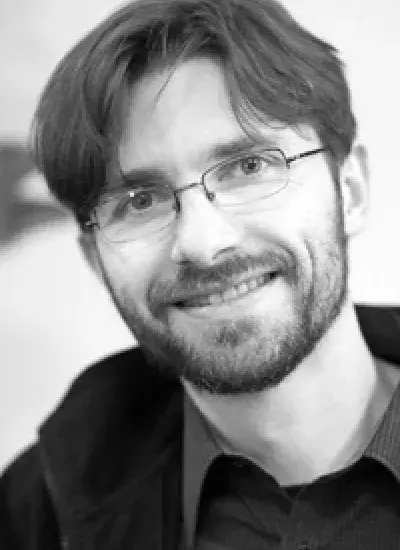From Paid to Organic Crowdsourcing

Speaker
Krzysztof Gajos
Associate Professor of Computer Science, Harvard Paulson School of Engineering and Applied Sciences
When
-
Where
NSH 1305
Video
Video link
Description
Human computation systems seamlessly combine human perception, creativity and knowledge with machine-driven algorithmic computation. Such systems have been demonstrated to accomplish tasks that could not previously be accomplished by either machines or by non-experts alone. Contemporary human computation systems frequently recruit human contributions from online micro-labor markets such as Amazon Mechanical Turk. While convenient, this approach limits the scale, scope and quality of work.
In contrast, my group's work has contributed to a largely unexplored area of "organic" crowdsourcing, an area that builds on insights from social computing research and on recent advances in human computation. In organic crowdsourcing, intrinsically motivated people contribute to human computation workflows as a byproduct of performing activities that they find inherently valuable. In successful organic crowdsourcing systems, the addition of the human computation element enhances (instead of detracting from) the main activity, while also resulting in useful work being done. For example, with our Crowdy system, people learning from tutorial videos get prompted with short quizzes. The quizzes are designed such that by answering them, people contribute to a workflow that improves those same videos for future learners. The quizzes are also designed to be pedagogically valuable. The results of our study show that the improvements to the tutorial videos generated by Crowdy are comparable in quality to those produced by experts. Our results also demonstrate that people who view tutorial videos with Crowdy and participate in quizzes learn more than people who watch the same videos with a traditional video interface. I will present three organic crowdsourcing projects from our group and share an initial synthesis of generalizable principles for the design of organic crowdsourcing systems
Speaker's Bio
Krzysztof Gajos is an associate professor of Computer Science at the Harvard Paulson School of Engineering and Applied Sciences. Krzysztof is broadly interested in intelligent interactive systems, a research area that bridges artificial intelligence and human-computer interaction. Recent projects pursued by his group contributed to diverse areas such as personalized adaptive user interfaces, systems for supporting collective creativity, organic crowdsourcing, large-scale experimentation in the wild, and learning technologies.
Prior to arriving at Harvard, Krzysztof was a postdoctoral researcher at Microsoft Research. He received his Ph.D. from the University of Washington and his M.Eng. and B.Sc. degrees from MIT. In the Fall of 2005, he was visiting faculty at the Ashesi University in Accra, Ghana, where he taught Introduction to Artificial Intelligence. Krzysztof is a coeditor-in-chief of the ACM Transactions on Interactive Intelligent Systems. He is a recipient of a Sloan Research Fellowship
Speaker's Website
http://www.eecs.harvard.edu/~kgajos/
Host
Steven Dow

